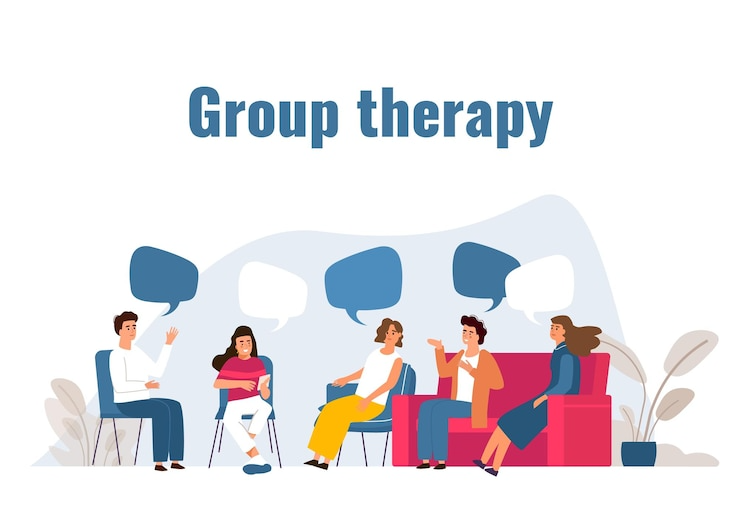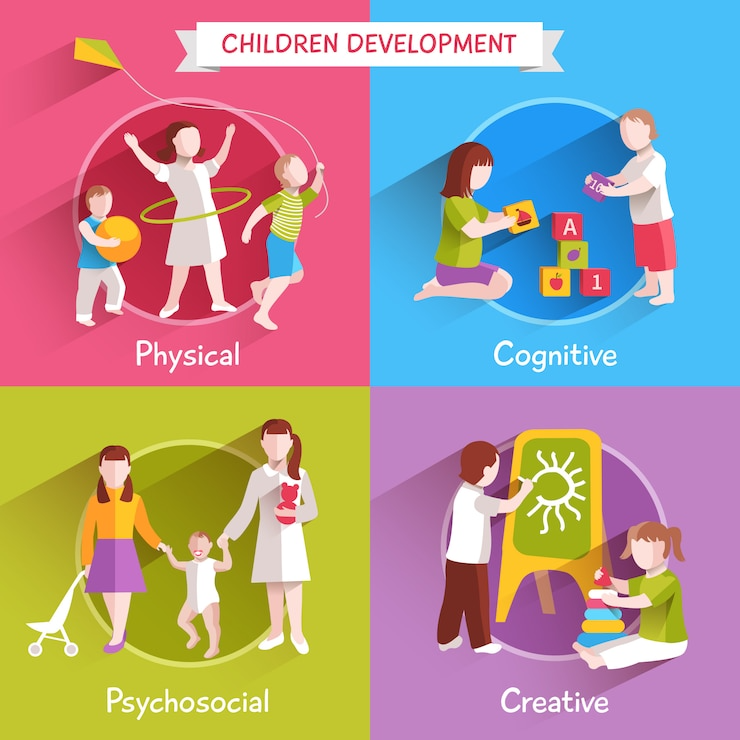Group Therapy & Individual Therapy Ummeed

What is Group Therapy
Individual and group therapy are two commonly used approaches in the field of psychotherapy, each offering unique benefits and serving different therapeutic purposes. Let’s explore the characteristics and advantages of both individual and group therapy.
Individual Therapy
Individual therapy, also known as one-on-one therapy or counseling, involves a private and confidential therapeutic relationship between a therapist and an individual client. Here are some key features of individual therapy:
Advantages of Group Therapy
Personalized Focus:
Individual therapy allows for personalized attention and tailored treatment plans based on the specific needs, goals, and concerns of the individual. The therapist can address individualized issues, explore personal history, and provide targeted interventions.
Privacy and Confidentiality:
Individual therapy offers a confidential setting where individuals can openly discuss sensitive or private matters without the presence of others. This confidentiality can create a safe space for deep exploration and self-disclosure.
Intensive Exploration:
Individual therapy provides an opportunity for in-depth exploration of thoughts, emotions, and behaviors. The therapist can help the individual gain insights, develop self-awareness, and work through personal challenges.
Flexibility and Focus:
Individual therapy allows for flexibility in session frequency, duration, and content. The therapist can concentrate solely on the individual’s concerns, facilitating focused and concentrated work.
Therapeutic Relationship:
The therapeutic relationship in individual therapy is crucial. The strong bond and trust developed between the individual and therapist foster a supportive and empathetic environment for healing and growth.

Group Therapy:
Group therapy involves a therapist facilitating a therapeutic session with a small group of individuals who share similar concerns or goals. Here are some key features of group therapy:
Shared Support and Connection:
Group therapy offers a supportive and validating environment where individuals can connect with others who share similar experiences, challenges, or goals. The sense of belonging and understanding within the group can be powerful and therapeutic.
Diversity of Perspectives:
Group therapy provides exposure to diverse perspectives and experiences. Members can learn from each other, gain insights through different viewpoints, and develop empathy and understanding.
Social Skill Development:
Group therapy offers opportunities to practice and develop social skills in a safe and supportive setting. Interacting with others in the group can enhance communication, conflict resolution, and relationship-building skills.
Normalization and Universality:
Group therapy helps individuals recognize that their struggles, fears, and emotions are not unique to them. Seeing others facing similar challenges can reduce feelings of isolation and foster a sense of universality.
Group Dynamics and Feedback:
Group therapy allows for the exploration of interpersonal dynamics and provides valuable feedback from both the therapist and other group members. These interactions can offer different perspectives, insights, and opportunities for personal growth.

Choosing Between Individual and Group Therapy:
The choice between individual and group therapy depends on various factors, including the individual’s needs, preferences, and the nature of their concerns. Sometimes, individuals may benefit from a combination of both approaches or transition between them at different stages of their therapeutic journey.
Individual therapy may be preferred for highly personal or private issues, deep self-exploration, or when individualized attention is necessary. Group therapy can be beneficial for individuals seeking support, validation, and connection with others who understand their experiences.
In some cases, individuals may benefit from the complementary nature of both individual and group therapy. Individual sessions provide a safe space for personal exploration, while group sessions offer additional support, feedback, and opportunities for interpersonal growth.
Ultimately, the choice between individual and group therapy should be made collaboratively between the individual and their therapist, taking into account their specific needs, goals, and comfort level.
Conclusion: Group Therapy & Individual Therapy
Both individual and group therapy are valuable modalities for personal growth, self-discovery, and healing. Individual therapy allows for personalized attention and focused exploration, while group therapy provides a supportive community and shared experiences. By offering different therapeutic contexts and dynamics, both approaches can effectively facilitate positive change, foster well-being, and enhance mental health. The decision to engage in individual therapy, group therapy, or a combination of both depends on individual circumstances and preferences, and can be discussed and determined in collaboration with a qualified therapist.



